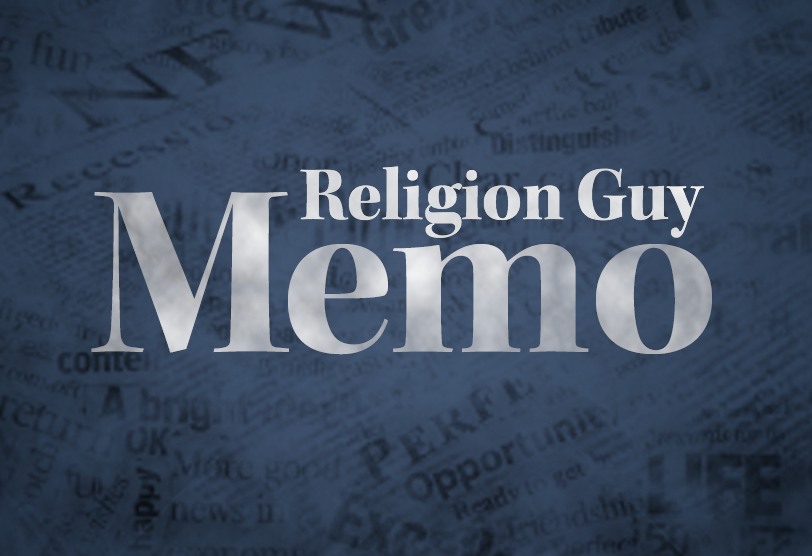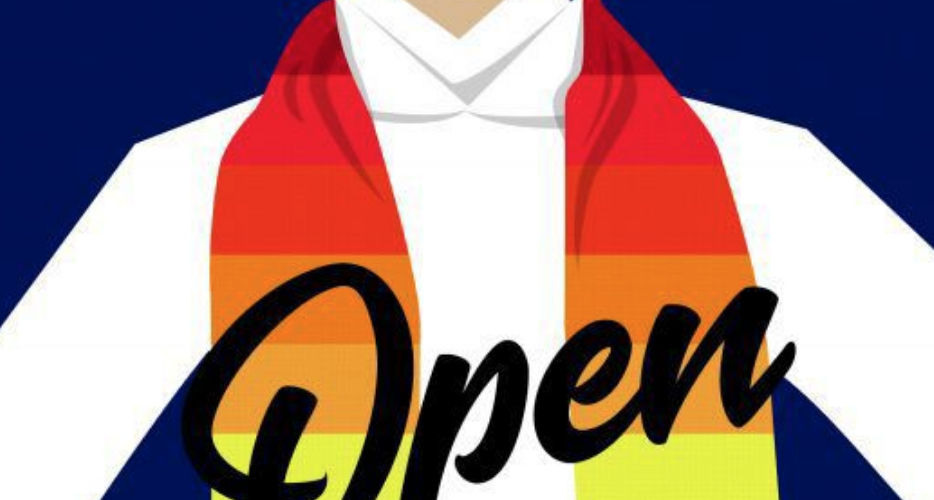
With 2,900 students, Fuller Theological Seminary in California is one of the world’s largest and most influential clergy training grounds. The evangelical Protestant school believes that biblical teaching requires its faculty, students and staff to limit “sexual union” to marriage “between one man and one woman” while singles observe abstinence.
That moral stance, upheld across centuries in Judaism, Christianity, and Islam, now faces substantial legal and political resistance.
Fuller’s policy provoked a first-of-its-kind federal lawsuit, high on the developing news docket, that was joined last week by Nathan Brittsan, an American Baptist Churches USA clergyman. Those seeking background can see local coverage here and Religion News Service coverage right here. Fuller expelled Brittsan in 2017, just before he was to begin studies, when it learned about his gay marriage.

Let’s back up a step. The suit was originally filed last November by Joanna Maxon, a student expelled during her last semester in 2018 after her lesbian marriage came to light. (Click here for Julia Duin’s GetReligion post criticizing Los Angeles Times coverage of Maxon’s complaint.)
Paul Southwick, the attorney for Brittsan and Maxon, makes a straightforward claim that any religious school that discriminates on the basis of sexual activity by gays and lesbians should be penalized and lose federal aid. He thinks the case “could set an important legal precedent,” and notes that Fuller allowed a student accused of heterosexual sinning to remain enrolled.
Fuller is defended by the Becket Fund for Religious Liberty. The spokesman there said what’s at stake is the right of religions to educate their leaders “free from government entanglement.” There’s potential support in the Supreme Court’s unanimous 2012 Hosanna-Tabor ruling against an Obama Administration bid to deny religious exemption under employment law.
A different tack against religious schools occurred when the regional accreditation of Gordon College was questioned. The Massachusetts school negotiated a 2015 understanding without having to alter its sexuality policy (.pdf document here). Another challenge is the proposed removal of tax exemption from such schools, favored by gay presidential candidate Pete Buttigieg, for one.
Then there’s Congress’s Equality Act, which won unanimous support from House Democrats in voting last May and is backed by the party’s major presidential candidates. (House Republicans voted against, 173 to 8.) It would forbid recourse to federal religious-liberty law in gay discrimination cases. Republicans who control the Senate have shelved the bill, but could lose their narrow majority in November.
Meanwhile, the U.S. Supreme Court will rule by June in the parallel case of Bostock v. Clayton County. The plaintiffs want federal civil rights law’s prohibition against discrimination on the basis of ‘sex” to be extended to “sexual orientation” and “gender identity.” That change, a huge challenge for religious conservatives, is advocated by e.g. the American Bar Association, American Medical Association, AFL-CIO, leading public education organizations, major corporations and 21 of the 50 states.
Their religious allies there follow the usual pattern. Bostock briefs favoring gay and transgender claimants were filed by the Episcopal Church, United Church of Christ, Unitarian Universalists and Conservative and Reform Judaism. These believers assert that respect for personal religious views does not give “license to disregard neutral civil rights laws of general applicability.”
The opposite side, which cites constitutional religious liberty and the original intent of Congress, includes the two biggest U.S. religious bodies, the Catholic Church and Southern Baptist Convention; the largest African-American denomination, the Church of God in Christ; the Eastern Orthodox; Latter-day Saints; Orthodox Jews; numerous evangelical organizations and 41 religious schools including Brigham Young, Catholic University and Wheaton College.
If reporters need contacts: Plaintiffs’ attorney Paul Southwick — paulsouthwick@dwt.com or 503-778-5266. Becket publicist Ryan Colby — rcolby@becketlaws.org or 202-349-7219.
Also see Becket’s Bostock info page and this legal backgrounder. For broader and deeper dives, prominent evangelical First Amendment attorney David French takes a sophisticated look at America’s religious-liberty issues since World War II.










